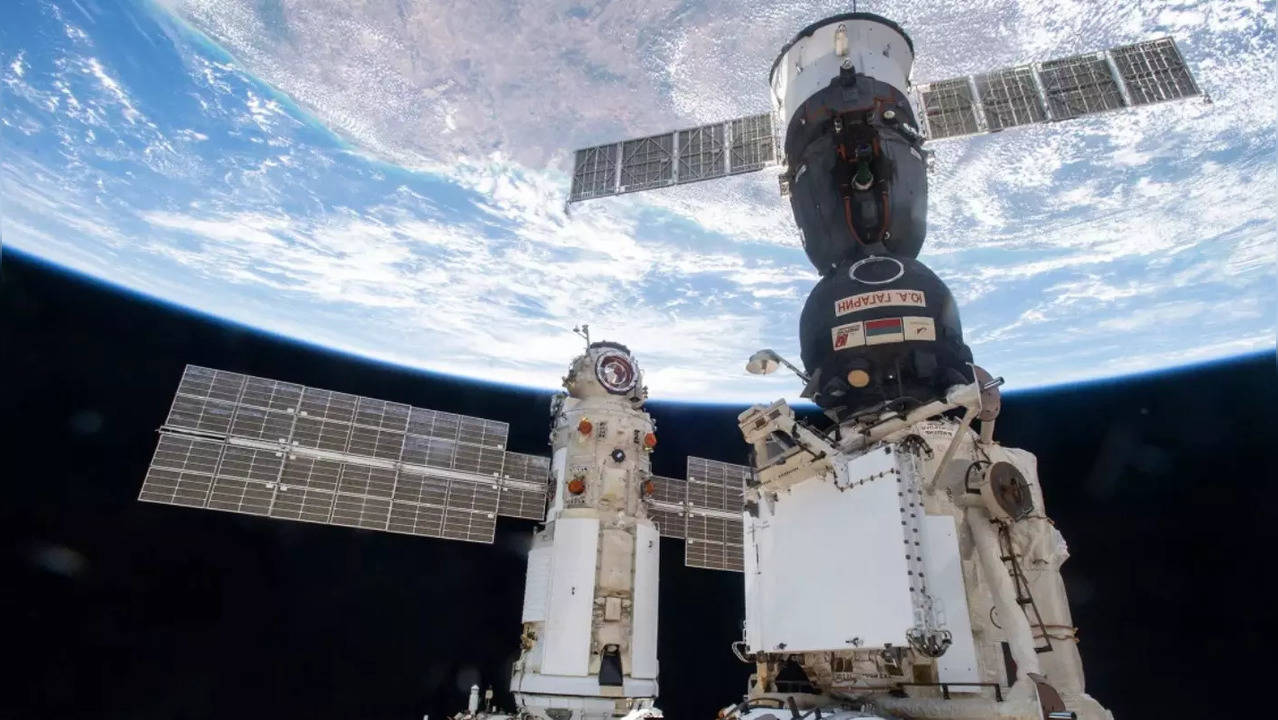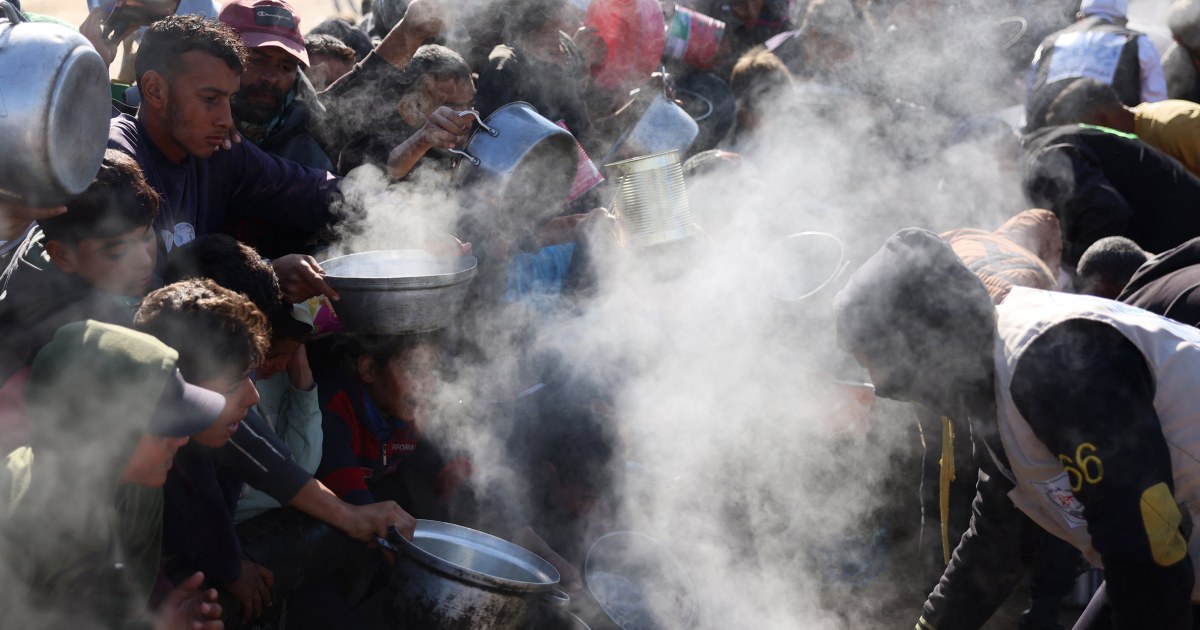Horoscope
Space Station Leak Has US, Russia Clashing, NASA Warns Of Massive Failure

Russia’s “Nauka” Multipurpose Laboratory Module is pictured shortly after docking to the Zvezda service module’s Earth-facing port. (Image: NASA)
The conflict between NASA and Russia‘s Roscosmos space agency over an air leak in the Russian segment of the International Space Station (ISS) continues following a meeting of NASA’s ISS Advisory Committee on Wednesday.
The dispute is about a small yet persistent leak in the vestibule of the Zvezda service module called PrK, which separates a docking port from the rest of the module.
Although leak rates on the ISS have remained manageable, they have reached their highest levels in 2024, with air loss escalating to 1.7 kilograms per day, according to a September report by the Office of Inspector General (OIG), Newsweek reported.
The US and Russian technical teams “lack a common understanding of the likely root cause or the severity of the consequences of these leaks,” Bob Cabana, the chair of NASA’s ISS Advisory Committee, said at the meeting, according to reports from Space News.
Russian engineers attribute the leaks to cracks likely caused by “high cyclic fatigue” from micro-vibrations. However, according to NASA, multiple factors are involved, including pressure, mechanical stress, material properties and environmental exposure, Cabana said.
The disagreement over the root cause has sparked a conflict regarding the severity of the issue. While Roscosmos maintains that continued operations are safe, NASA has raised “concerns about the structural integrity of the PrK and the potential for a catastrophic failure,” according to Cabana.
“The Russian team continues to search for and seal the leaks, it does not believe catastrophic disintegration of the PrK is realistic,” he added.








